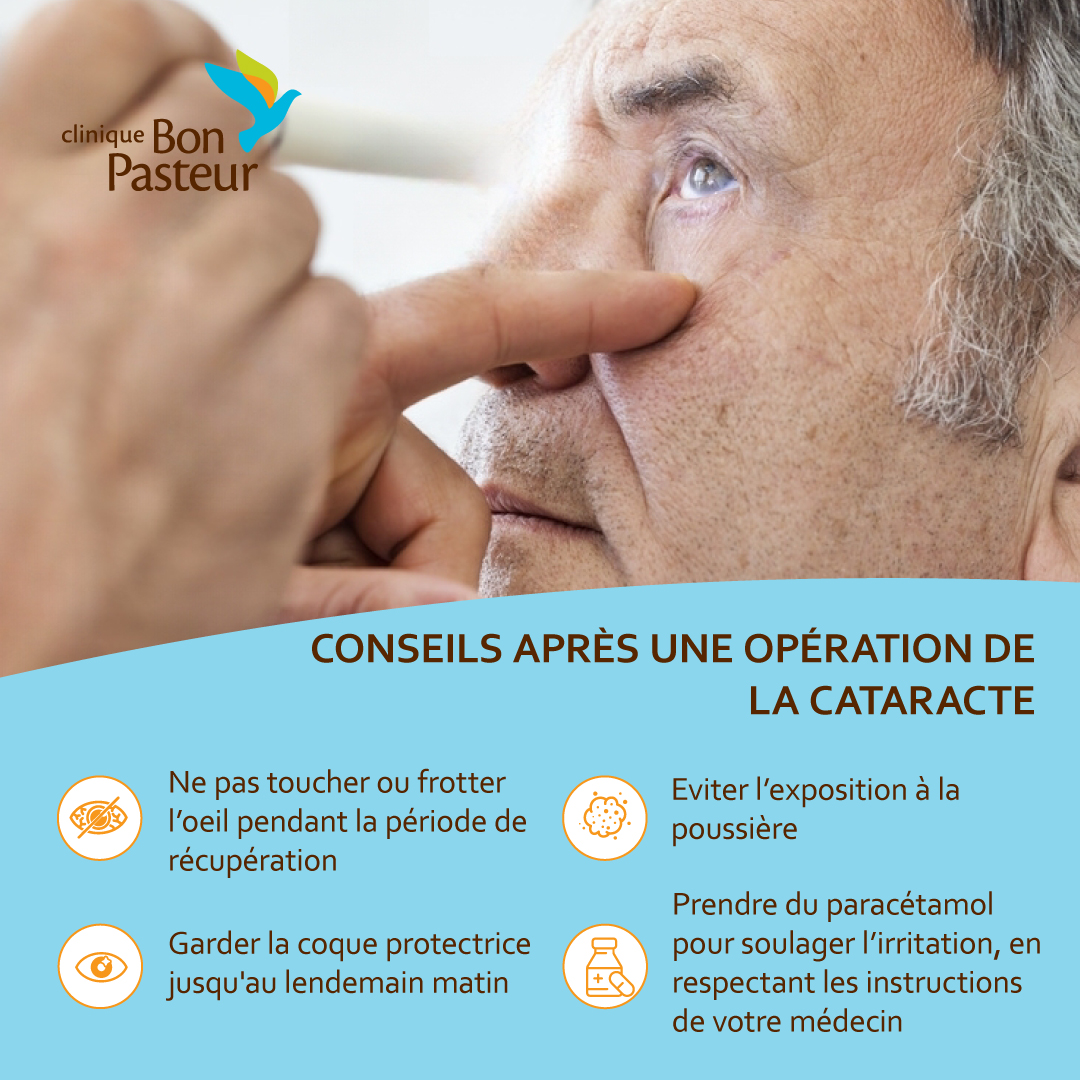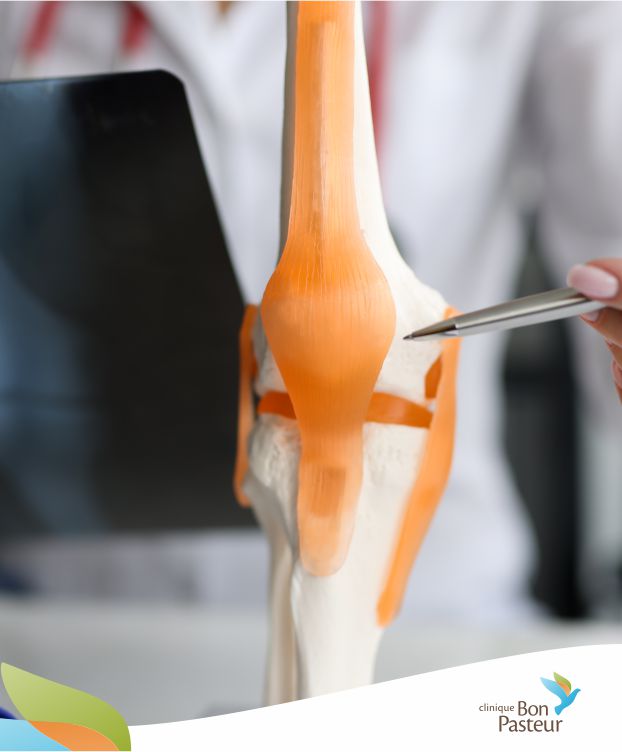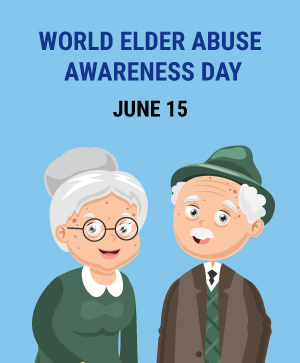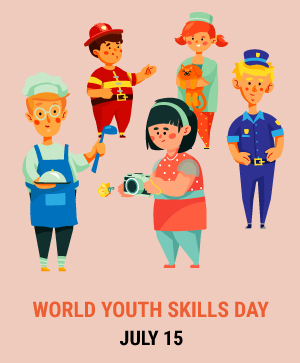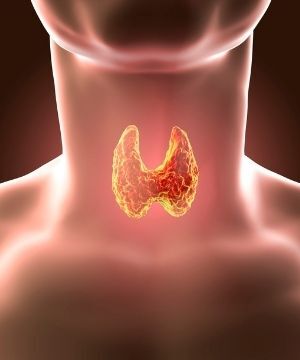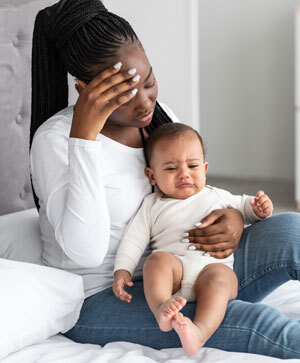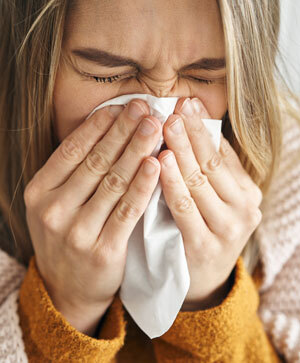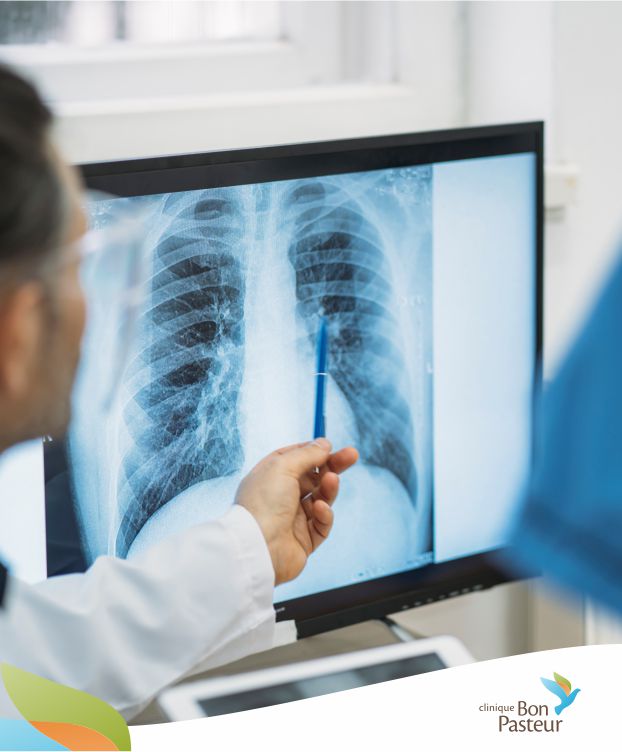How to handle gastroenteritis in babies
May 3, 2023
While it should only cause a temporary discomfort, gastroenteritis—an infection of the digestive tract—can sometimes have harmful consequences in infants and young children. Vomiting, diarrhoea, abdominal cramps, fever, loss of appetite… How to prevent it? Dr Alleesaib, a paediatrician at the Clinique Bon Pasteur, explains.
We all know about gastroenteritis. An unpleasant episode to get through, it usually resolves after a few days. However, while it occurs as a minor disease in adults, it can quickly become dangerous in babies and young children. ‘The diarrhoea caused by gastroenteritis is the leading cause of infant mortality in Africa’, says Dr. Alleesaib. An appalling fact, which is most often attributable to a limited access to clean water.
‘We see gastroenteritis increasing with each climate change, during cyclonic periods, torrential rain or thunderstorms’, she continues. The reason is that water can be contaminated with two viruses mainly responsible for gastroenteritis in toddlers: norovirus and rotavirus. How do we protect our babies? The first preventive step consists in an oral vaccine given to full-term babies at 6 and 10 weeks of life to fight rotavirus.
‘Gastroenteritis is extremely contagious. So, make sure to boil the water that you give to the child, to wash your hands carefully, and also to clean every surface, which could have been contaminated—namely by a diaper leak or an infected person’, says the doctor. The bonus for breastfeeding moms is that breastfeeding has proven to be the best remedy and even has a protective effect against the risk of rotavirus diarrhoea, especially in infants under 6 months.
How do we know when a child is infected? ‘The baby will pass out more than 10 liquid stools per day, will be prone to crying and whining, will have colic, vomiting and fever sometimes… It will also lead to weight loss and loss of appetite’, says Dr. Alleesaib. The main danger of gastroenteritis remains the risk of dehydration, which is a real emergency since the consequences can quickly become serious: neurological, renal, cardiovascular complications and, in more serious cases, death.
There are many signs, which can suggest dehydration. ‘The child will have dry skin, fewer tears; their diapers will not be wet, their eyes will be sunken, their fontanel hollow…’, adds the doctor. The only solution is to keep the child hydrated. Breastfeeding, as the ultimate means of rehydration, must therefore be continued. ‘For children feeding on formula, a formula which is adapted to gastroenteritis and lactose-free is recommended so as not to make diarrhoea worse’, she says. You can also give your child rehydration drinks until urine production gets back to normal.
As for breastfed infants suffering from gastroenteritis, their mothers should drink plenty of water and avoid fried and spicy dishes. ‘If the baby has started diversification, you may opt for starchy foods such as pasta, dry roti, cassava, rice or bread’, says the doctor. Foodstuffs which will harden the stool or slow down intestinal transit, such as mashed carrot, banana, or apple, are also favoured. However, any food that is rich in fibre, especially green vegetables, are to be avoided.
If you think your child is suffering from gastroenteritis, do not hesitate to make an appointment with one of our professionals by calling 401 95 00 or sending a WhatsApp message on 5 835 38 86.

Related Article

